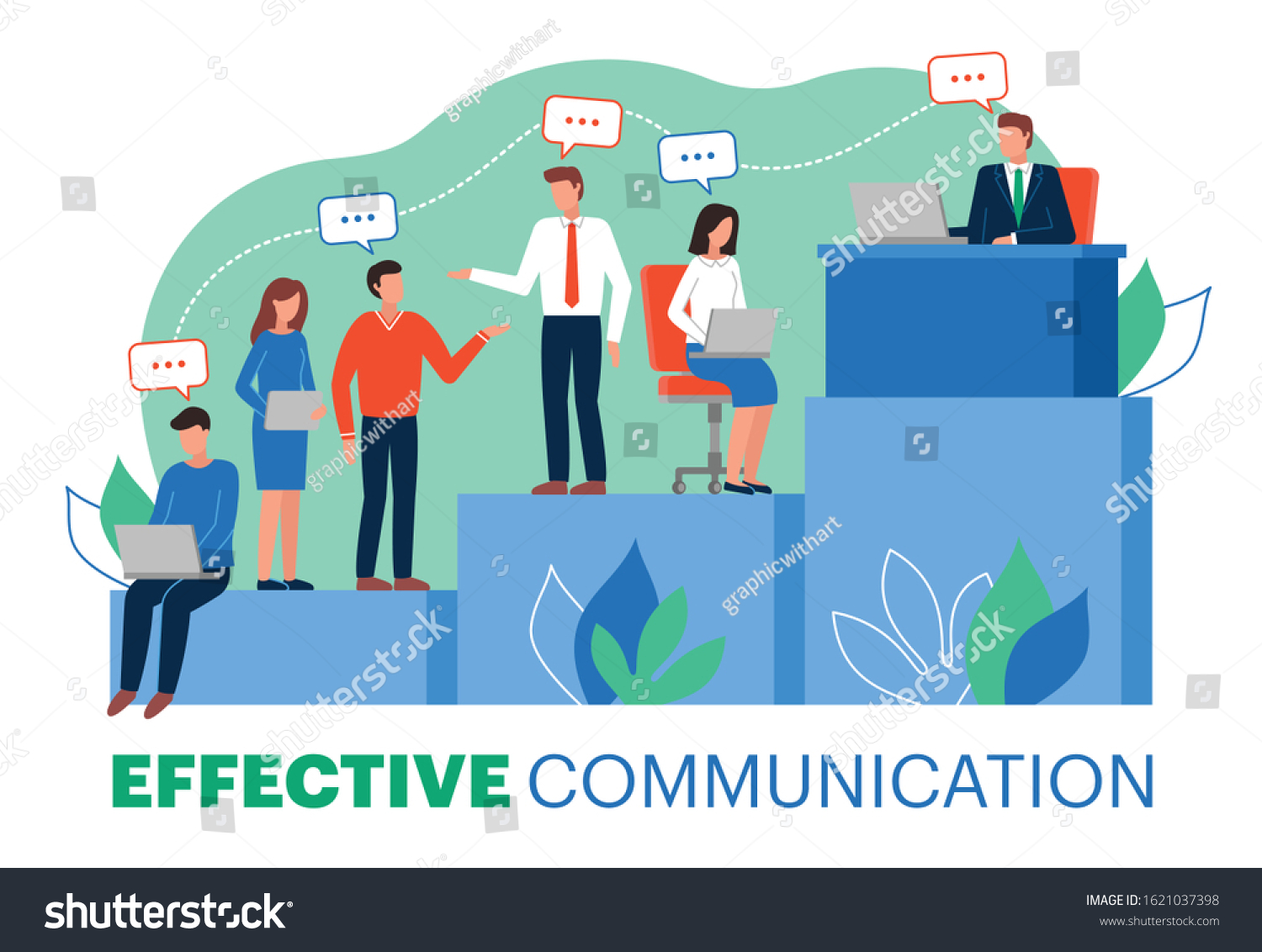
Effective Communication
31 May 2023
Clarity: Communication should be clear and easily understood by the recipient. It involves using simple language, avoiding jargon or technical terms when speaking to non-experts, and organizing your thoughts before communicating.
Active Listening: Listening is a crucial part of effective communication. It means paying full attention to the speaker, understanding their message, and providing feedback or asking questions to ensure comprehension. Active listening also involves observing non-verbal cues such as body language and facial expressions.
Non-Verbal Communication: Non-verbal cues such as body language, gestures, facial expressions, and tone of voice can greatly influence communication. Being aware of your own non-verbal cues and being able to interpret them in others can enhance understanding and avoid misunderstandings.
Empathy: Empathy is the ability to understand and share the feelings of another person. It plays a significant role in effective communication as it helps build rapport, trust, and mutual understanding. Showing empathy involves actively listening, acknowledging the other person's emotions, and responding with compassion.
Conciseness: Effective communication is concise and to the point. Avoid unnecessary details or rambling that can confuse the listener. Get straight to the main points and provide supporting information if needed.
Feedback: Feedback is crucial for effective communication. It allows the sender to assess whether the message was understood correctly and provides an opportunity for clarification or adjustment. Providing and receiving feedback in a constructive manner helps in improving communication skills.
Adaptability: Effective communication requires adapting to the needs and preferences of the audience. Different people may have different communication styles, levels of understanding, or cultural backgrounds. Adapting your communication approach to accommodate these differences can enhance comprehension and avoid misunderstandings.
Confidence: Confidence in your communication abilities can positively impact the effectiveness of your message. Speaking clearly, maintaining eye contact, and using assertive yet respectful language can help convey your message with confidence.
Use of Technology: In today's digital age, effective communication often involves the use of various technological tools. Using email, instant messaging, video conferencing, and other communication platforms efficiently can enhance communication, especially in remote or global settings.
Practice: Like any skill, effective communication requires practice. The more you practice and seek opportunities to communicate, the better you become at expressing yourself clearly and understanding others.